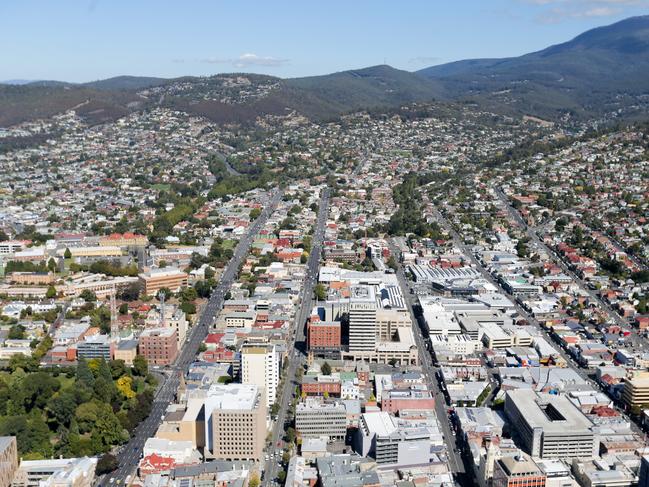Talking Point: Tasmanian planning overhaul leaves out the most important thing
The community won’t have to be consulted if Major Projects legislation goes ahead, says Brian Corr

Opinion
Don't miss out on the headlines from Opinion. Followed categories will be added to My News.
I TAKE issue with a number of points made by Alderman Simon Behrakis (“Major Projects law will help stamp out lobbyist influence,” Talking Point, May 11).
Alderman Behrakis says that the current planning process is “notoriously difficult for large developments”.
The only difficulty is that these (very few) large developments are so far outside the planning schemes that people react to protect their city.
Alderman Behrakis wants to “avoid planning decisions being made based on political lobbying rather than a project’s compliance with the planning scheme” and uses the Welcome Stranger as his example.
He must be aware that his planning officers, and his council, and then the appeals tribunal, all rejected this high-rise proposal.
I assume he is referring to Hobart Not Highrise as one of the “groups staging campaigns to pressure elected members”. He gives us too much credit. HnH gets legal planning advice, brings this to the attention of as many people as possible, and asks that they make a submission. We also make deputations at Planning Committee meetings. We don’t pressure elected members.
HnH is not a lobby group. We inform and then channel responses to the City’s planning staff. We would love to be as professional, well-resourced and well-funded as, say, the Property Council. Now that’s a lobby group!
Alderman Behrakis makes no mention of the Property Council in his Talking Point.
HnH has interacted with the City of Hobart for a few years now. In every case, our independent advice has turned out to be almost identical to that provided to Council by the planning staff. With very few exceptions, the elected members support their officers’ recommendations, as you would expect. Alderman Behrakis is one who supports high-rise towers despite 14,000 electors clearly stating that they are not wanted in Hobart (Poll of Electors, July 2019).
The Major Projects Legislation, which Alderman Behrakis supports, would give total unrestrained, and excessive, power to the planning minister to decide what developments are declared major projects.
The minister could remove any project from the normal planning process even if the project was opposed by the community, or had been refused by council.
The proposed Development Assessment Panels (DAPs) would co-ordinate approvals for developments and make decisions based on criteria that do not demand analysis, or assessment of impacts, to neighbouring land uses, or on the community, or on the environment.
The Development Assessment Panels would make a decision before any public consultation. The development could be complex and the public is not allowed a reasonable time to assess the impact and make a submission after the decision is made.
To be declared a “major project”, it only has to satisfy two of the criteria, which are very broad and easy to meet.
There are no deputations allowed. And no appeal (only to the Supreme Court on a point of law — expensive!).
This Bill would take away the elected members’ right to work for their community, and replace a trusted system with one that is undemocratic, unnecessary, and open to at least the perception of abuse.
The Development Assessment Panel members are not accountable to local residents. Elected members are, every four years.
Brian Corr is president of Hobart Not Highrise Inc.


